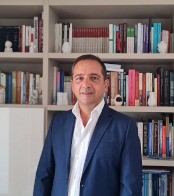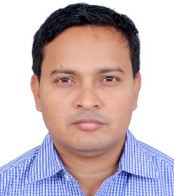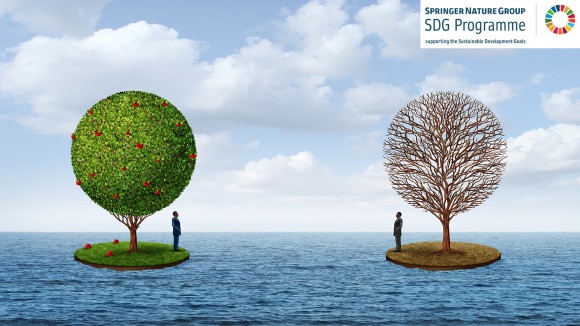 Salvatore Capasso, PhD, University of Naples Parthenope, Italy
Salvatore Capasso, PhD, University of Naples Parthenope, Italy
Salvatore Capasso is the Director of the Institute for Studies on the Mediterranean and a Professor of Economics at the University of Naples Parthenope, Italy. His latest research focuses on the relationship between crime, corruption and growth and on the role of the underground economy in economic development.
 Ricardo Iglesias-Pascual. PhD, Pablo de Olavide University, Spain
Ricardo Iglesias-Pascual. PhD, Pablo de Olavide University, Spain
Ricardo Iglesias-Pascual is an Associate Professor in the Department of Geography, History and Philosophy at Pablo de Olavide University, Spain. Dr Iglesias-Pascual’s research focuses on the spatial dimension of socio-environmental inequalities and the social reactions that arise as an alternative. He has focused on the integration of the migrant population and the incidence of environmental risks and pollution among the most vulnerable population.
 Bimal Kishore Sahoo, PhD, Indian Institute of Technology Kharagpur, India
Bimal Kishore Sahoo, PhD, Indian Institute of Technology Kharagpur, India
Bimal Kishore Sahoo is an Associate Professor at the Department of Humanities and Social Sciences at the Indian Institute of Technology Kharagpur, India. Dr Sahoo’s research focuses on various facets of socio-economic challenges prevalent in India, including the labour market, poverty dynamics, food security concerns, the nuances of human development, microfinance mechanisms, gender-related issues, and the intricacies of agricultural diversification. His research delves into multiple dimensions of human development, pivotal in fostering inclusive growth and ensuring sustainable progress.
 Jonas Wood, PhD, University of Antwerp, Belgium
Jonas Wood, PhD, University of Antwerp, Belgium
Jonas Wood is an Assistant Professor in the Department of Sociology at the University of Antwerp, Belgium. Dr Wood studies family and labour market dynamics in Belgium and Europe, with his research focusing on policy evaluation and varying patterns by migration background. His research relies on longitudinal quantitative/econometric or mixed method research designs. Throughout his work, emphasis has been put on vulnerabilities in intersections between ethnicity, gender and class, studied within an interdisciplinary life course framework.
Prospective authors may contact the Guest Editors via email:
Ricardo Iglesias-Pascual: riglpas@upo.es
Bimal Kishore Sahoo: bks@hss.iitkgp.ernet.in
Jonas Wood: jonas.wood@uantwerpen.be
Past Guest Editors:
Md Mizanur Rahman, PhD, Gulf Studies Center, Qatar University, Qatar - Guest Editor from September 2022 - December 2023
Gottfried Schweiger, PhD, Centre for Ethics and Poverty Research, University of Salzburg, Austria - Guest Editor from June 2021 - September 2022

